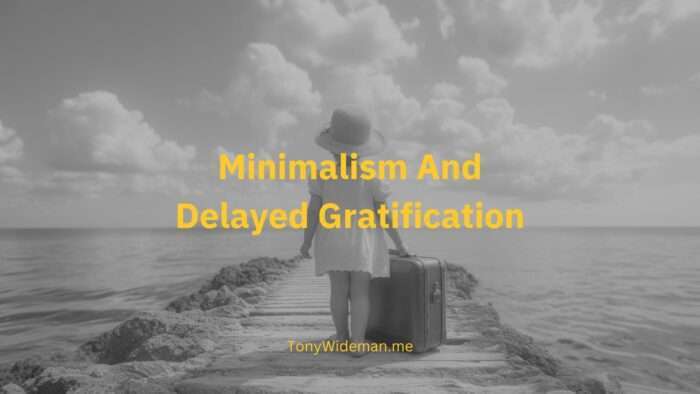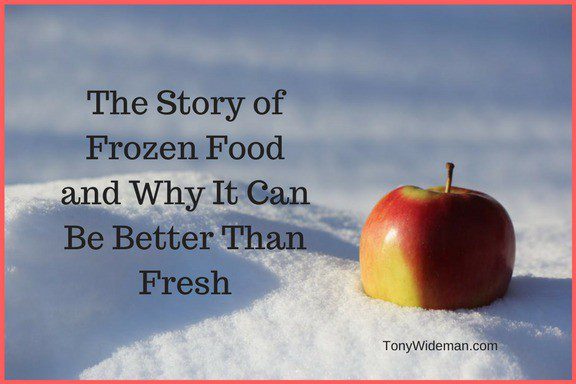Simple Pleasure: A Gateway To Fulfillment

Pleasure, happiness, and fulfillment have been central to philosophical and economic thought in the quest to measure and enhance human well-being.
However, the traditional notion of utility, a cornerstone in economics, often fails to capture the intricate dynamics of these three elements. This post delves into the nuances of pleasure, happiness, and fulfillment, exploring their roles in shaping a more comprehensive understanding of fulfillment.
A Gateway To Fulfillment
When discussing simple pleasures, we consider the little things that bring joy as a gateway to fulfillment. Think about savoring a homemade meal, enjoying a walk in the park, or diving into a good book. These moments often cost little to nothing but can significantly boost your mood and overall happiness.
Simple pleasures have been part of human history for centuries. Back then, people found joy in storytelling around a campfire, community gatherings, and nature walks. Even as society has become more complex, the satisfaction from these uncomplicated activities persists. The essence of simple pleasures remains unchanged, and their forms might vary with time.
The psychological impact of these small joys can be profound. They can help reduce stress, enhance mindfulness, and create a sense of fulfillment. Finding joy in mundane activities will likely cultivate a more positive outlook.
You don’t always need grand accomplishments or significant events to feel happy; sometimes, the simple, everyday moments make the most crucial difference.
Fulfillment: The Pinnacle of Human Experience
Fulfillment represents the highest form of utility, where individuals achieve a profound sense of purpose and alignment with their core values.
Unlike pleasure and happiness, fulfillment is not about immediate gratification or long-term contentment but about living a meaningful and worthwhile life.
How Fulfillment Differs from Happiness
While happiness is often about feeling good, fulfillment is about doing good for oneself and others. It involves pursuing goals that resonate deeply with one’s identity and purpose.
Fulfillment is closely tied to self-actualization, the realization of one’s full potential as described by Maslow’s hierarchy of needs.
Fulfillment in Economic Terms
In economic terms, fulfillment might be seen as the ultimate form of utility that integrates both hedonic and eudaimonic elements.
Policies and models that aim to enhance fulfillment rather than just pleasure or happiness could lead to more holistic approaches to well-being, considering what makes life enjoyable and meaningful.
Identifying and Incorporating Simple Pleasures into Daily Life
Simple pleasures vary from person to person, but there are some common ones almost everyone can relate to. Think about sitting with coffee on a chilly morning, listening to your favorite song, or watching the sunset. Identifying what brings you these small joys requires a bit of self-reflection.
Start by paying attention to what makes you smile or relax. Do you find peace in gardening or joy in baking? Make a mental note of these activities.
You can also keep a journal to track when you felt particularly happy or content, noting what you were doing then.
Once you’ve identified your simple pleasures, it’s crucial to integrate them into your daily routine. Start small and be intentional. Set aside fifteen minutes each day for an activity you enjoy. Maybe it’s a quick walk around the block or a few minutes of drawing or writing. These moments can act as mini-recharges, helping break busy schedules’ monotony.
Take advantage of little pockets of time throughout your day. While waiting for your coffee to brew, do a quick stretching routine.
Are you stuck in traffic?
Listen to an audiobook or a podcast you love. The goal is to seamlessly weave these pleasures into your life so they become second nature and not an afterthought.
Pleasure: The Immediate Yet Fleeting Form of Utility
Pleasure is often equated with immediate gratification, the kind of utility that is easily quantifiable. Pleasure is typically short-lived, whether the joy of eating a favorite meal or the excitement of purchasing a new gadget.
While essential for a momentary boost in well-being, pleasure lacks the depth required to sustain long-term happiness.
The Limitations of Pleasure as a Measure of Well-being
Pleasure, while necessary, can be misleading when used as the sole indicator of well-being. The hedonic treadmill theory suggests that individuals quickly return to a baseline level of happiness regardless of positive or negative experiences.
This indicates that pleasure alone is insufficient for long-term satisfaction, making it a poor stand-in for actual utility.
The Concept of Utility: A Historical Perspective
In classical economics, utility has been primarily associated with the satisfaction or pleasure derived from consumption. Bentham’s utilitarianism posits that the ultimate goal should be the greatest happiness for the most significant number.
However, this simplistic approach has faced criticism for overlooking the qualitative differences between various satisfaction forms.
A Holistic Approach to Utility
To better capture the complexity of human well-being, we must adopt a more holistic approach to utility that integrates pleasure, happiness, and fulfillment.
This approach recognizes that while pleasure is essential, it is fleeting; happiness is more stable but still subject to life’s vicissitudes; and fulfillment, while perhaps the hardest to achieve, offers the most profound and lasting sense of well-being.
Integrating Pleasure, Happiness, and Fulfillment
Economists and policymakers must develop models that incorporate these three dimensions of utility.
By doing so, they can create strategies that boost economic growth and enhance the quality of life more comprehensively and sustainably.
Happiness: A More Sustained State of Well-being
Happiness extends beyond mere pleasure, encompassing a more enduring state of contentment and satisfaction with life.
While pleasure can contribute to happiness, the latter includes meaningful relationships, personal achievements, and a sense of purpose.
Unlike pleasure, happiness is more stable over time and less susceptible to the fluctuations of daily experiences.
The Role of Happiness in Economic Models
Recent advancements in behavioral economics have begun to incorporate happiness into utility models, recognizing that individuals value long-term contentment over short-term pleasure.
This shift acknowledges the complexity of human motivations, moving beyond the simplistic pleasure-pain dichotomy that has long dominated economic thought.
The Long-term Benefits of Embracing Simple Pleasures
Simple pleasures aren’t just feel-good moments—they can impact your well-being over time. Regularly enjoying small, satisfying activities can significantly improve mental health.
By prioritizing these moments, you’re giving your brain consistent breaks from stress, which can help reduce anxiety and boost overall mood.
One of the great perks of enjoying simple pleasures is how they can strengthen relationships.
Activities like cooking a meal together, walking, or sharing a laugh over a silly TV show can deepen bonds. These shared experiences foster a sense of connection without the pressure of organized events or grand gestures. It’s about being present and enjoying each other’s company.
Finally, consistently integrating simple pleasures into your routine can lead to long-term contentment. Over time, these small joys contribute to a more positive outlook and provide a buffer against life’s challenges.
Instead of chasing big, fleeting moments of happiness, you build a steady foundation of fulfillment that sustains you in the long run.







